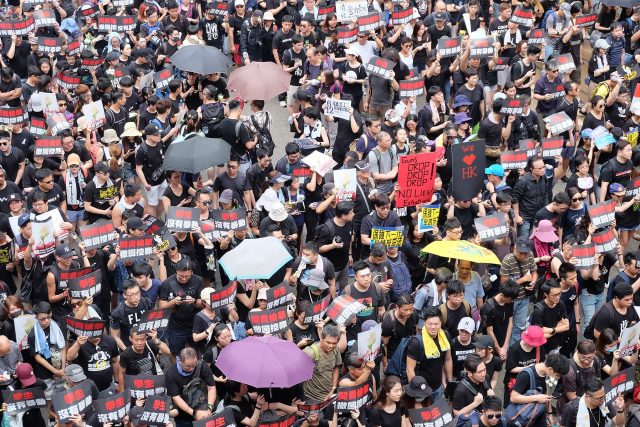A coalition of organizations issued an open letter on Wednesday to the Chair of the UN’s Ad Hoc Committee on Cybercrime, emphasizing “critical flaws” in the latest draft of the UN Cybercrime Convention—the so-called Zero Draft—and urging significant amendments. The coalition warned that without significant amendments, the convention could compromise global cyberspace security and human rights protections.The coalition includes leading international human rights organizations such as ARTICLE 19, Human Rights Watch (HRW), and Reporters Without Borders (RSF). These groups are joined by key players from industry and technical sectors, including the CyberPeace Institute (CPI), Electronic Frontier Foundation (EFF), and International Chamber of Commerce (ICC), as well as a broad spectrum of other civil societies.Despite continued advocacy and explicit calls to address pressing human rights issues in the cybercrime treaty, the letter expressed their concern that “the [UN] Committee has not made meaningful changes.” Specifically, the letter points out that the draft’s scope is “overly broad,” with the potential for “significant abuse by States” employing user data for surveillance, along with advanced technologies like biometrics and artificial intelligence. The draft’s language suggests an “explicitly open-ended” interpretation of offenses, which the coalition warned could lead to arbitrary criminalization.Emphasizing the draft’s asymmetry, the coalition noted that “procedural protections only apply to a fraction of the offenses it establishes,” which could leave mutual legal assistance and user data sharing vulnerable. The absence of due process for various offenses under the draft could result in states being implicated in unfair and unjust investigations and prosecutions, according to the coalition.The letter also expressed concern over the endorsement of unrestricted data sharing across jurisdictions within the draft, which could lead to data exchanges without specific legal requests. The coalition warned this could lead to an erosion of personal data protection.In light of these issues, the coalition called for the draft to be narrowly focused on cyber-dependent crimes and incorporate robust protections for the activities of security researchers, whistleblowers, journalists and human rights defenders. They also stressed the importance of universally applying explicit data protection and human rights standards within the convention, including adherence to principles such as non-discrimination, legality, legitimate purpose, necessity and proportionality. Further, the coalition called for the committee to integrate gender considerations into the convention and explicitly avoid any surveillance provisions that might compromise cybersecurity and encryption.Without these critical revisions, the coalition urged state delegations to reject the draft convention and prevent its advancement to the UN General Assembly. The coalition also advocated for the UN to establish a treaty that upholds human rights and fosters international cooperation under the rule of law, rather than endorsing invasive surveillance practices.




The Most Read
Сryptocurrencies
Bitcoin and Altcoins Trading Near Make-or-Break Levels
Financial crimes
Thieves targeted crypto execs and threatened their families in wide-ranging scheme
Financial crimes
Visa Warning: Hackers Ramp Up Card Stealing Attacks At Gas Stations
News
Capitalism is having an identity crisis – but it is still the best system
Uncategorized
The 73-year-old Vietnamese refugee is responsible for bringing Sriracha to American consumers
Uncategorized
Electric Truckmaker Rivian, Backed By Amazon, Ford, Raises Whopping $1.3 Billion